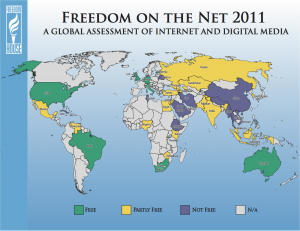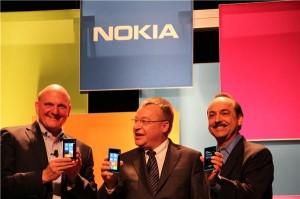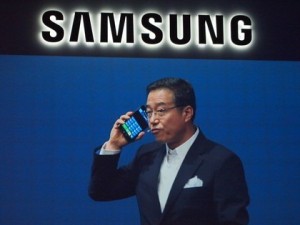- Outside of tech circles, the news that Microsoft reported their first ever quarterly loss appeared to receive very little attention. When I first heard that Microsoft reported a loss after 26 years of profitability, I about peed my pants. We know the New World of Technology is taking its toll on the Old World companies, but could Microsoft really be suffering that badly already?
As soon as I could read some news reports, it turns out the main reason for the loss is that Microsoft was taking a $6.2 billion write-down against their 2007 purchase of aQuantive, an Internet advertising company. The investment in aQuantive wasn’t generating the revenue it expected. So this appears to be mostly a one-time event, not necessarily an overall trend. Most analysts are downplaying the event as insignificant. Nothing for Microsoft or their investors to worry about, most financial and technology pundits claim.
But as I further analyzed the news, I realized that this event is in fact a little more significant than what the analysts and Old World journalists are attempting to downplay. If nothing else, taking a nearly half-billion dollar loss so near to their do-or-die launch of Windows 8 just seems like a bad omen.
Here’s what this loss really highligts about Microsoft: history has shown they’re not really good at competing outside of the PC market. This is just the latest, most glaring example. They bought aQuantive with the intent of competing with Google’s advertising network. Obviously that didn’t work out so well to the tune of $6 billion. But let’s look at some other examples:
- Internet: Remember MSN? “The Microsoft Network” was supposed to compete with AOL as well as the Internet itself.
- Search Engine: The MSN name was given to a search engine in 1998, before it was renamed Windows Live Search in 2006, shortened to Live Search in 2007, and then Bing in 2009. The purchase of aQuantive was designed to work with Bing. Again, none of these ventures have been particularly successful for Microsoft.
- Music Player: Microsoft’s attempt to create an iPod-killer resulted in the Zune device, which was unceremoniously cancelled last year.
- Smartphone: While having some success in the Old World of Smartphones, Microsoft has yet to truly get out of the gates with something to compete with the iPhone. Their “Kin” phones were infamously cancelled after 6 weeks. After screwing over their Windows 7 Phone customers recently, one must wonder if they have a chance with Windows 8 Phones in the near future.
To be fair, Microsoft’s Xbox line of video game consoles has been an overall success, although never approaching the dominance Microsoft had with Windows and Office. But Nintendo’s Wii shook up the video game market starting in 2006 and now Apple’s iOS devices and mobile gaming are shaking up the market again. So the future of the Xbox and all game consoles is unclear, perhaps another victim of the New World of Technology.
The bottom line is that in markets where Microsoft can’t leverage the dominance of Windows and Office over their vendors and consumers, they don’t compete very well. So while analysts may be shrugging off this half-billion dollar loss, they are missing the fact that for Microsoft to be successful in the future, they must be a viable player in the New World of Technology. The PC era is ending and Microsoft has no proven track record of being able to compete in anything other than the PC market. The future isn’t exactly bright for Microsoft. If Microsoft doesn’t execute their mobile strategy to near perfection – and do it soon – this loss may be a foreshadowing of what is looming down the road.









